Mushrooms, democracy and change: Coloradans share why they voted

DENVER — Colorado voters will decide this week whether to send Jared Polis back to the governorship and Michael Bennett back to the Senate. Many in various congressional races will also decide whether or not to re-elect their state and federal representatives. On top of that, there are several state-wide ballot initiatives which cover topics like school lunches, psilocybin mushrooms and affordable housing.
According to the Colorado Secretary of State’s office, as of 12:30 p.m. on Tuesday, Nov. 8, 1,025,597 Democratic ballots had been returned, with 538,931 Republican ballots.
Rocky Mountain PBS spoke with voters across the Denver metropolitan area about issues most important to them.
You can find the election results here.
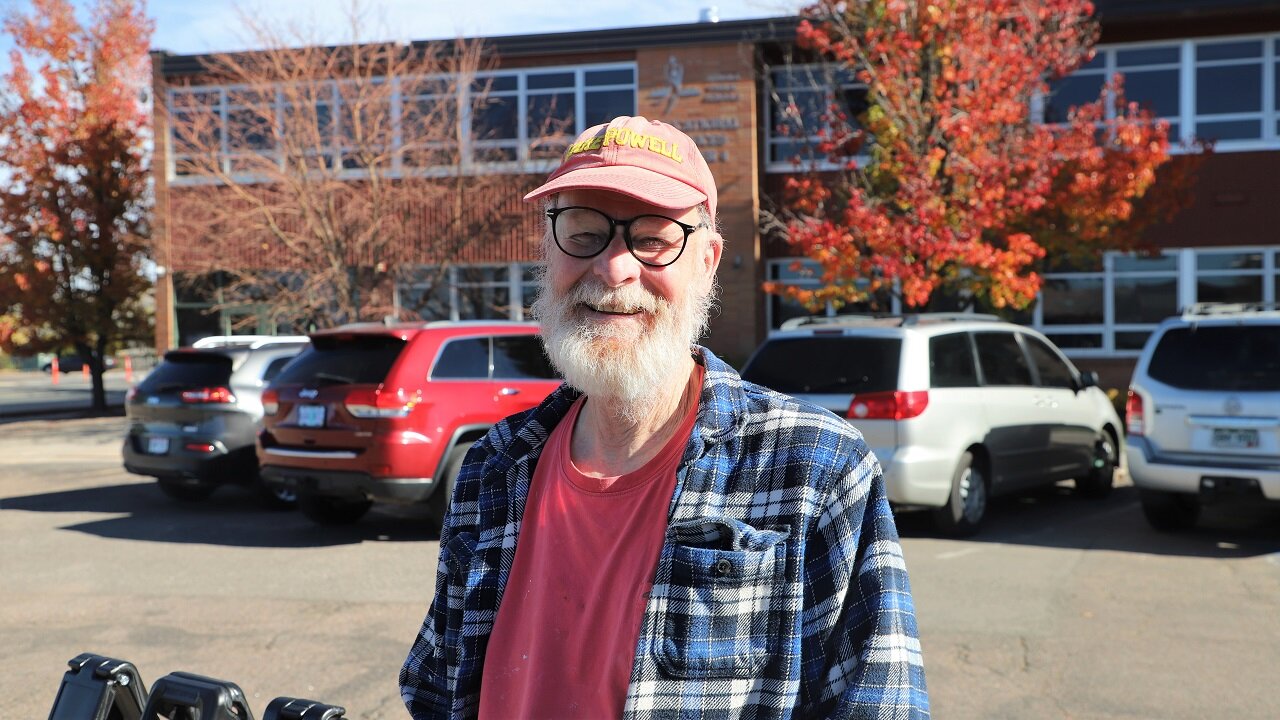
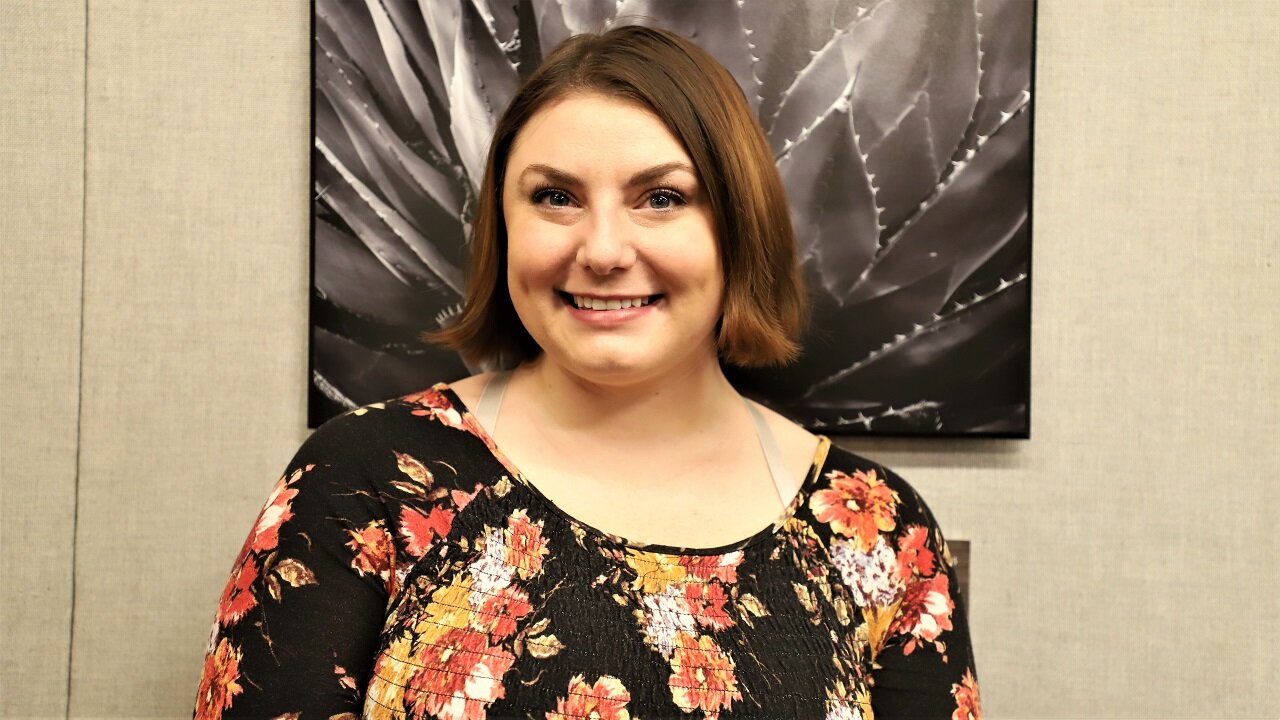
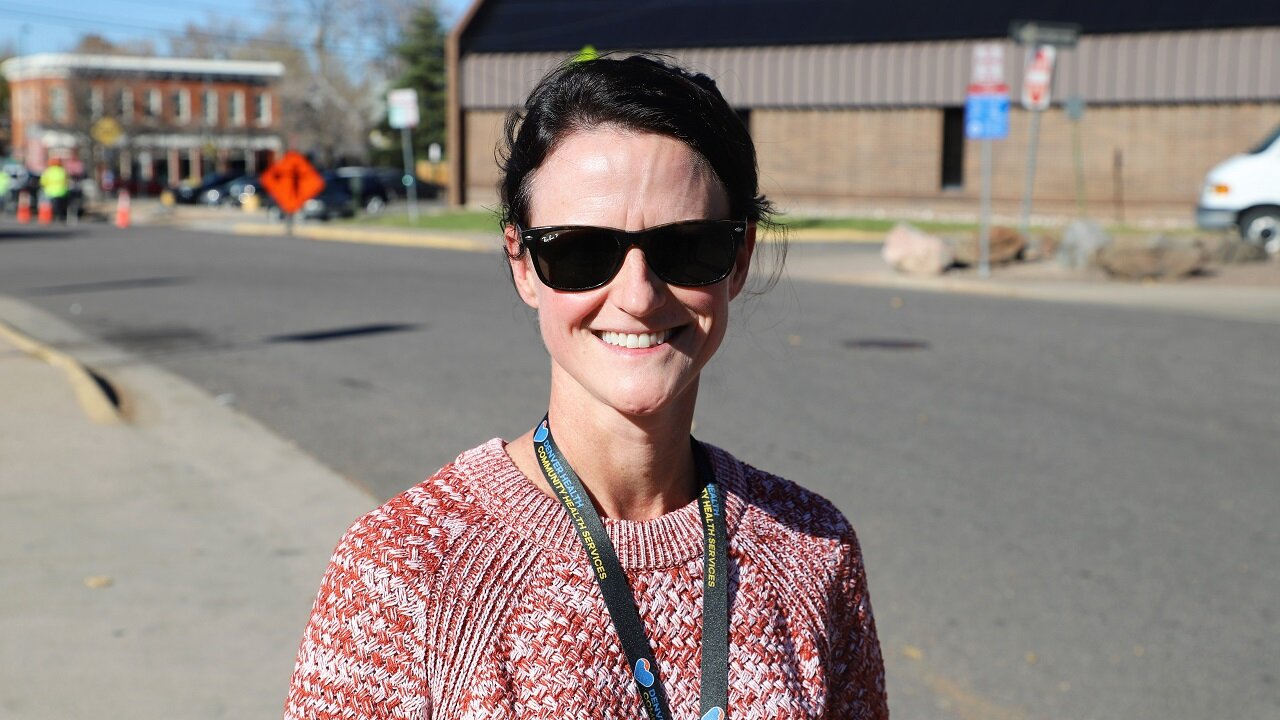
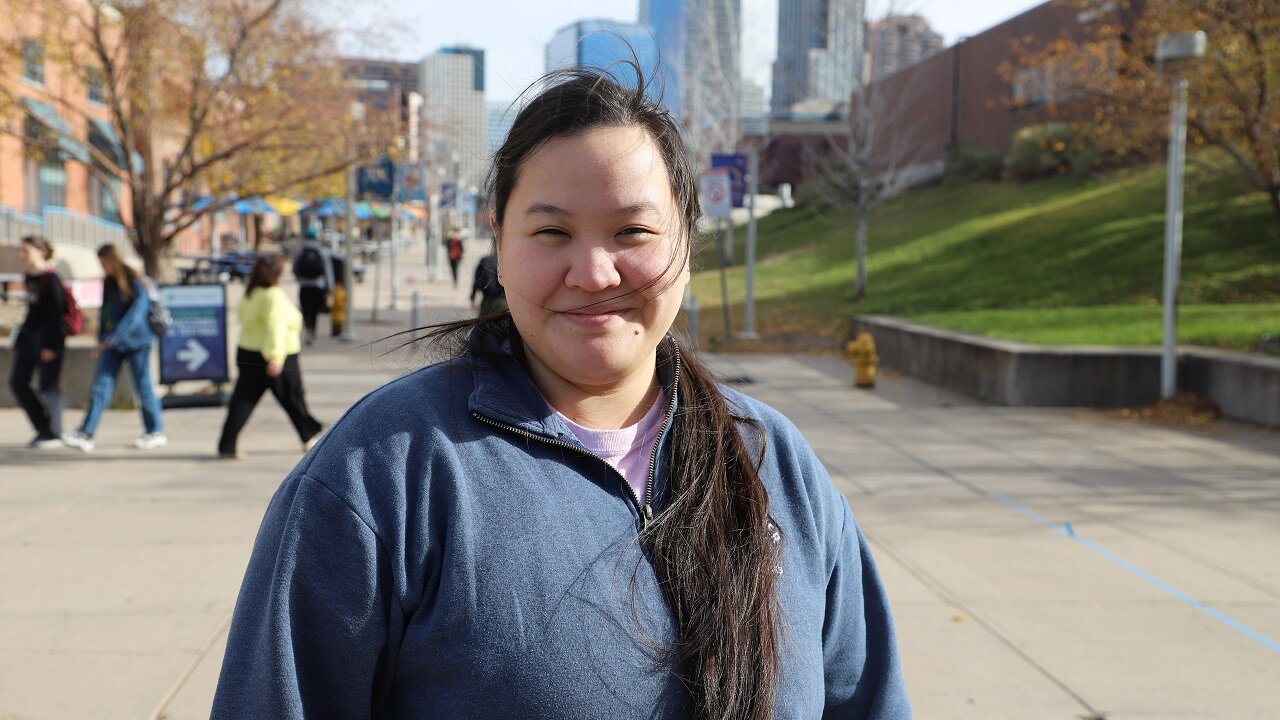
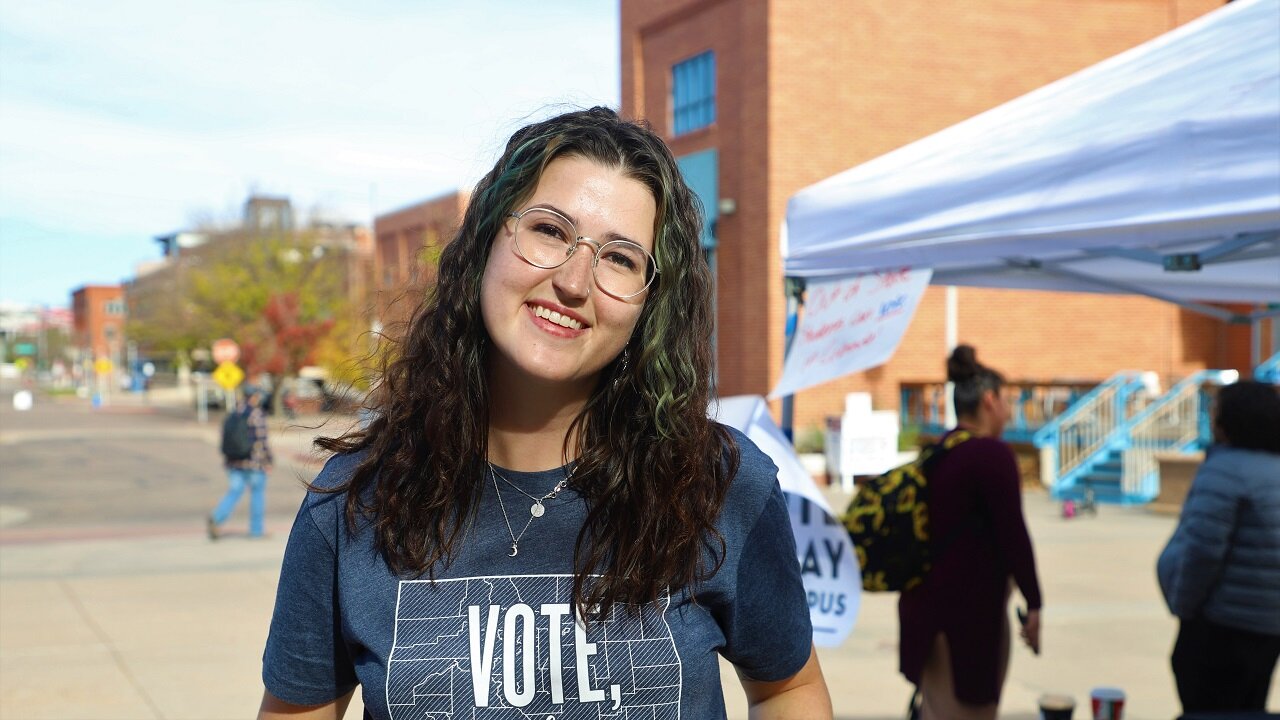
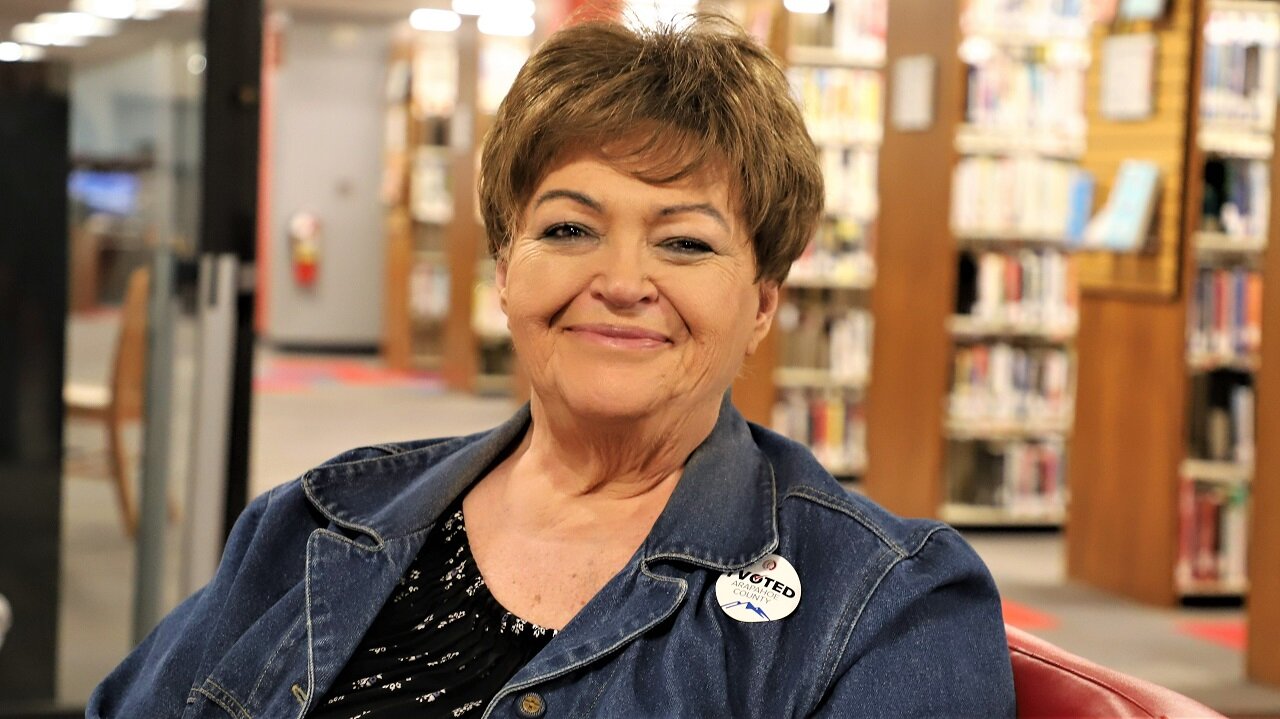
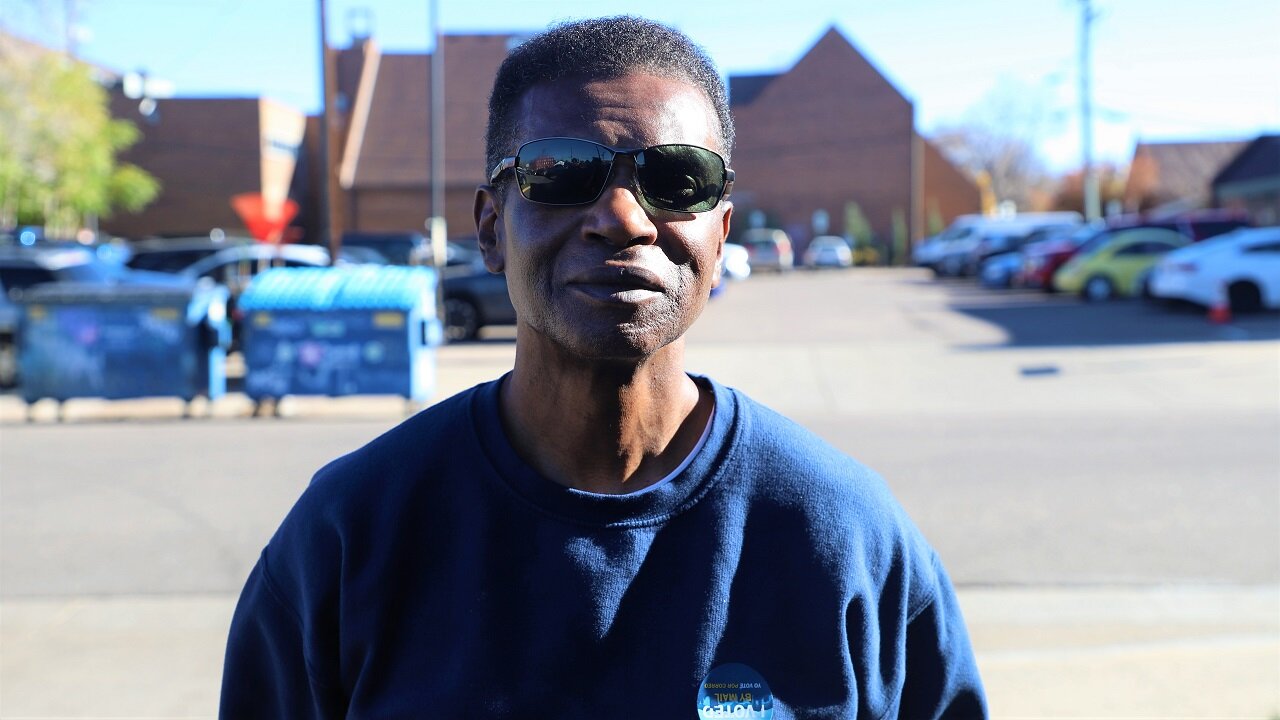
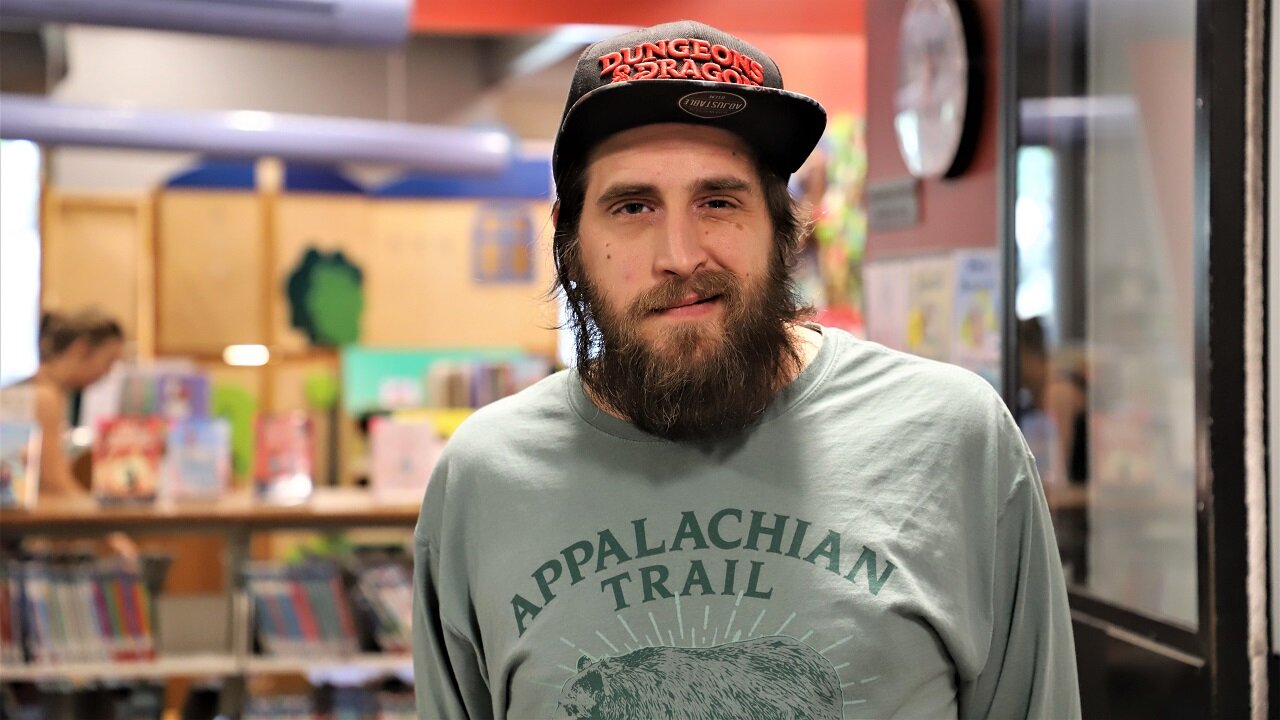
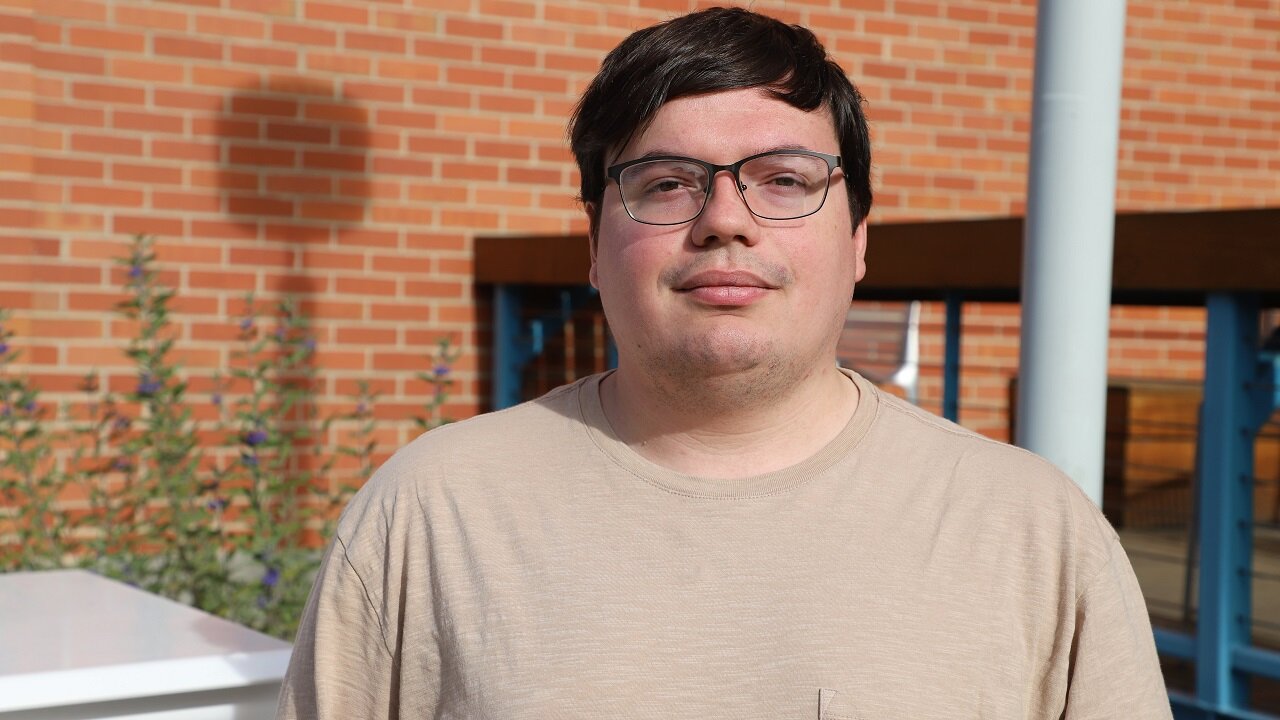
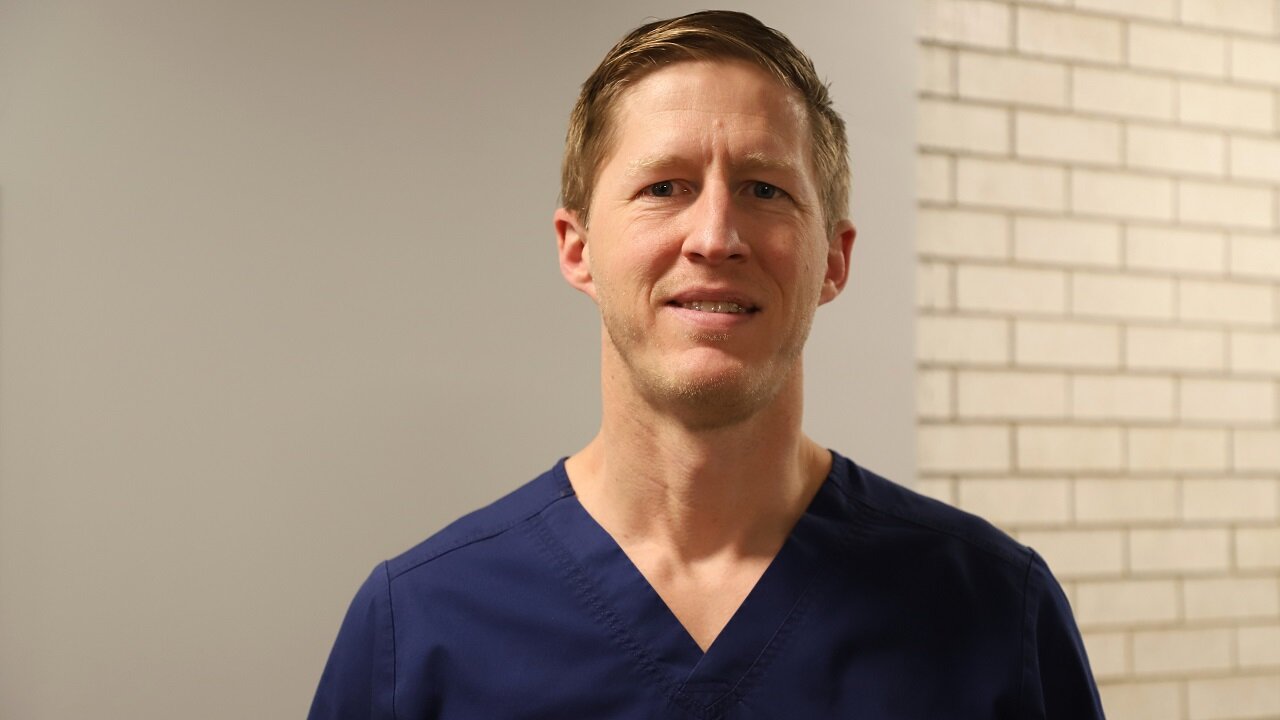
Abortion is at the top of Trish Hyde’s ballot.
As a student at University of Colorado Denver and a member of New Era Colorado – an organization that encourages younger voters to flex their rights – Hyde said losing access to reproductive rights is a massive concern among her and other young voters.
“We’ve seen that across the country,” Hyde said. “It’s not like the anti-abortion community in Colorado doesn’t exist. It doesn’t just go away.”
New Era Colorado recently conducted a survey among voters ranging from 18 to 34 years old and found abortion rights and housing costs were at the top of their lists of issues, which is why the group is encouraging voters to support the measures relating to eviction and housing.
Codi Gorman is hoping to pass Colorado’s Natural Medicine Health Act so she and her family members have access to psilocybin mushrooms in medical settings. Gorman, of Littleton, said she has struggled with Bipolar Disorder all her life, and other mental mental health issues run in her family.
“I’ve noticed that some of my family members have benefited immensely from microdosing psilocybin mushrooms,” Gorman said.
Gorman also believes voting every election is vital, and complaining without voting is a moot point.
“I feel like everybody should have a voice on what happens in this country, and if you complain and don't vote, then you shouldn’t complain,” Gorman said.
Kathleen Moore, of Centennial, votes every election to try and ensure Republicans hold current seats and pick up new ones.
“I think Republicans add more of a positive way about things than the Democrats,” Moore said. “They’re just more thoughtful about things.”
Moore pointed to “freedom of speech,” when asked which issues she believes Republicans tackle better. Moore also said she votes each election to ensure she is making the most of a civic duty.
Jonathan Mobley hopes his vote will count towards a future of civility for politicians and citizens alike.
“Unfortunately, I don't think that’s goin to return any time soon,” Mobley, of Littleton, said. “Everything is so polarized now that people aren’t able to have civil conversations.”
Mobley votes each election, and said there are no specific issues motivating his vote, but a general return to compromise and friendlier relationships is his main driving force.
“I want to come to the table and discuss common issues,” Mobley added.
Josh Watkins has read about a “red wave,” of Republicans taking House and Senate seats in the 2022 midterm election and wants to do everything he can to stop it.
“I want to be part of the blue wall that’s going to stop the red wave,” said Watkins, of Littleton. “I’m traumatized from the Trump administration, so I feel it is my duty to help with the healing of this country.”
Watkins said President Donald Trump’s values were not reflective of his own, and he believes the former president “embarrassed,” the nation on a national scale, which he hopes to help reverse with his vote.
“I’m just trying to help get us back to the place where I feel in tune with the country and the community that I’m a part off,” Watkins said. “I don’t want to see Mitch McConnell being able to stall any and all progress.”
Stephen Brunston considers himself fiscally conservative, but socially liberal.
On Tuesday, Brunston returned his ballot at an Aurora drop box to reverse what he saw as “irresponsible government spending.”
“Money that’s not approved by Congress and just flooding capital into the economy causes inflation and is irresponsible,” Brunston said. Brunston declined to name candidates he voted for, but said “fiscal conservatism has my vote.”
On the same ballot, Brunston marked “yes,” for access to psilocybin mushrooms in medical settings.
“I think everybody ought to be able to grow whatever they want to grow in their house and do whatever they want to do,” Brunston said.
If passed, the Natural Medicine Health Act would not permit anyone and everyone to grow psilocybin mushrooms in their homes, but would give medical practitioners and researchers access to the fungi.
Beth Vandervliet typically votes for Democrats, as she agrees with their positions on education. On Colorado’s ballot initiatives, Vandervliet – an Arvada resident – votes for what she believes to be in support of smaller businesses.
“Trying to keep small businesses open was one of mine,” Vandevliet said.
Vandevrliet also voted “no,” on a Jefferson County ballot question asking voters to make access to cannabis dispensaries easier, as she believed the initiative would hurt the area more than help it.
Vanderviet also votes each year, as she believes making her voice heard is vital.
“I want to feel like I have a say in decisions and like my vote counts and makes a difference,” Vandervliet said.
For Wendell Martin, democracy itself is on the ballot.
“If we lose that, then everything else doesn't matter,” said Martin, of Denver. “But I do believe in our democracy.”
Martin said he is disappointed in certain elected representatives who places their party over their constituents, particularly in President Donald Trump’s tenure.
“To put a man over our country is disappointing,” Martin said. “We never had this before Donald Trump.”
Lily Polley felt informed and empowered when she dropped off her ballot Tuesday morning.
A student at Metropolitan State University of Denver, Polley researched each candidate and ballot measure before making a decision, which helped her make what she saw as wise decisions.
“It’s easy to think my one vote isn’t going to make a difference, but it will make a difference,” Polley said. “Once you’re reading and filling out the ballot, you’re hopefully affecting positive change.”
Polley said she was happy to re-elect Gov. Jared Polis and spent time weighing a decision on the universal free lunch initiative for public school students in the state, though she thinks free lunches are important for students from low-income families.
Joseph Cosner voted in his third election Tuesday, which he believes is important to do each time he has a chance.
“I think voting is just important every year,” Cosner said. “Having that representation and making your voice heard.”
Cosner said the two issues at the top of his mind were access to psilocybin and walkable cities, though he researched each issue before making a decision.
Related content
Wendell Martin, Denver
Codi Gorman, Littleton
Stephen Brunston, Aurora
Meet the voters
Joseph Cosner, Denver
Kathleen Moore, Centennial
Beth Vandervliet, Arvada
Joshua Watkins, Littleton
Lily Polley, Denver
Trish Hyde, Denver
Jonathan Mobley, Littleton
Alison Berg is a multimedia journalist at Rocky Mountain PBS. You can reach her at alisonberg@rmpbs.org.
Amanda Horvath is the managing producer with Rocky Mountain PBS. You can email her at amandahorvath@rmpbs.org.
